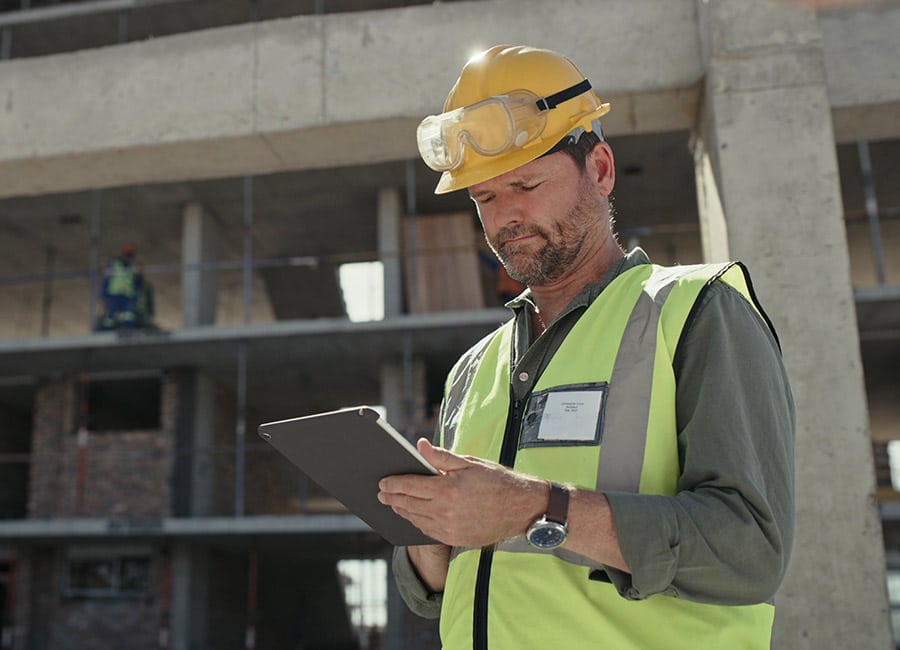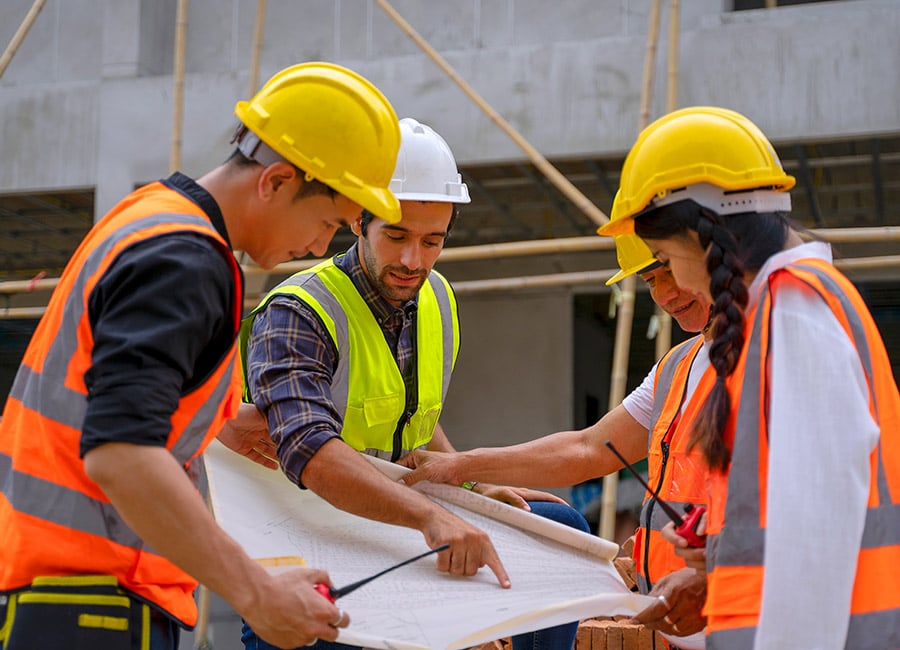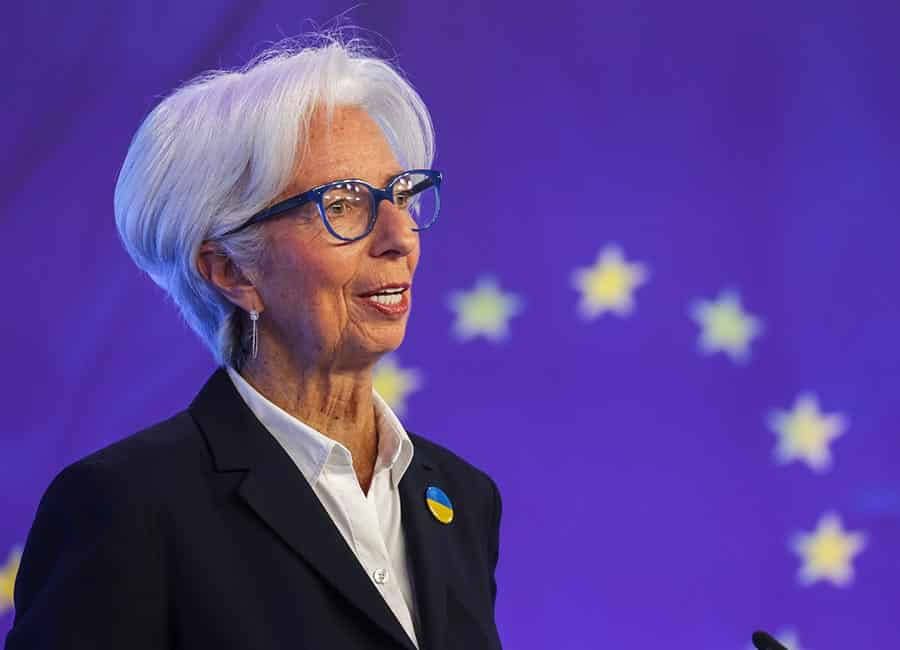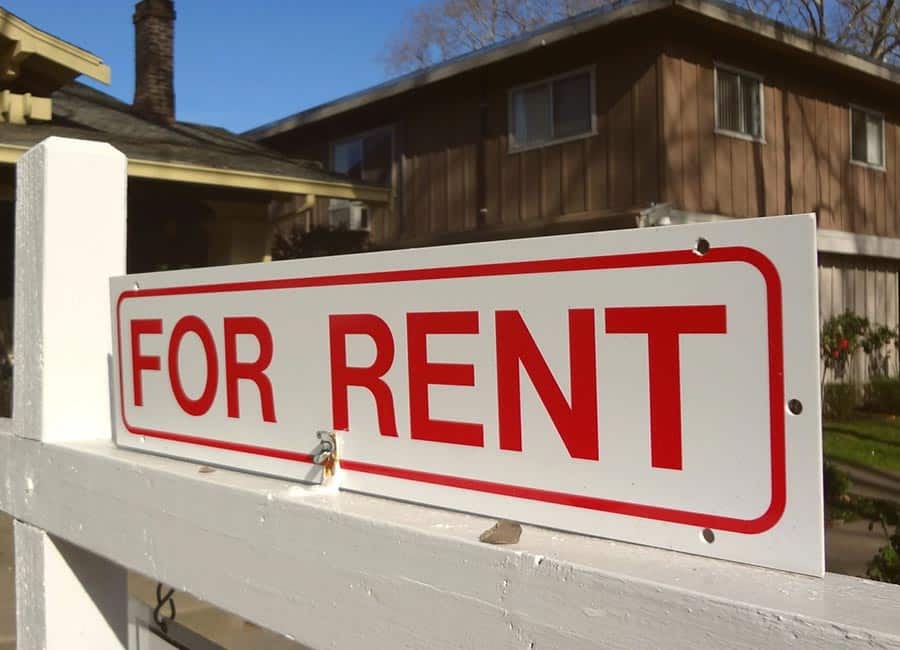Substantial inflation ensured construction sector growth slowed further in May, with new orders falling for the second consecutive month and business confidence slumping, according to the BNP Paribas Real Estate Ireland construction purchasing managers' index (PMI).
The index fell to 51.5 from 52.5 in April, the third consecutive month of decline in the reading, with 50.0 indicating no change, as some companies reported that cost pressures had hit demand and reduced workloads.
Sub-sector data suggests that the commercial category was the main source of the slowdown as activity increased at its softest rate in the past 13 months, while the housing category posted a sharp increase, and activity in civil engineering continued to fall, albeit at a slightly slower pace.
The decline in new orders seen in May was larger than the one recorded in April, with respondents to the survey again blaming rising prices and some postponing projects until prices come down.
Close to three-quarters of panellists reported an increase in costs during the month, and the price of copper, fuel and oil were most widely reported to have increased, with some firms indicating the war in Ukraine was to blame.
Meanwhile, sub-contractor rates rose at the sharpest pace on record, and business sentiment fell to its lowest level since October 2020, with any lingering confidence reflecting hopes that economic conditions will soon improve.
On the brighter side, employment continued to increase as firms made efforts to rebuild capacity, and the rate of job creation was its quickest since January. Purchasing activity slowed for the third month running, with some firms rebuilding inventory while others put off purchases.

Construction firms continued to face severe delivery delays due to material shortages, shipping issues, the war in Ukraine and Brexit, and lead times lengthened to a greater extent than in April.
Commenting on the latest survey results, John McCartney, director and head of research at BNP Paribas Real Estate Ireland, said the overall picture was "broadly positive" despite the effects of the war, Covid restrictions in China and continued inflation.
Construction activity continued to expand last month, particularly in the residential sector. Moreover, construction firms remain quite upbeat about the future," McCartney said. "The business expectations index stood at 52.7, indicating that more firms expect activity to increase than contract over the next 12 months.
"In a further sign of confidence, survey respondents hired new staff at the fastest rate since January. Taking the data as a whole, it appears that construction firms have been able to pass a proportion of higher input costs onto the consumer, and are confident that this can continue."
(Pic: Getty Images)











